The Koushan Mai
The Chosen
History
(Much of this information is now out of date)The Early Enervant Age
Like the majority of other cultures, the Koushan Mai woke after the Renewal with no solid memories of what came before. There were only snatches of dreams, and wisps of collective impressions. Scared and confused, they grouped together in small clans. Unfortunately, this scrap of knowledge is the extent of the known history of the Koushan Mai during the early years of the Enervant Age. Whilst there is an extensive collection of oral histories that span from this time to the current day, the Renewal was over five thousand years ago and the histories set during that time period are generally considered to by myths. This is especially true for histories that feature direct contact with their gods. Whilst speaking to deities was possible during this period, the lack of sightings in the intervening millenia has relegated these stories to legend.Between four to five thousand years ago, the presence of the gods on Etrea became much less common and, eventually, they disappeared altogether. Like many cultures across Etrea, the Koushan Mai were left bereft. They believed that the withdrawal and absence of their gods was because of the life their people were living. This prompted great change in the lifestyle of the Koushan Mai.
Vasethal
Whilst they had spent much of the early age as nomads, the Koushan Mai began to build themselves permanent homes. They called their homeland Vasethal - Land of Promise. They built beautiful temples to each of their gods, and settlements were built up around each of these temples. At the height of Koushan Mai civilisation, there were around three hundred clans that called Vasethal home. Whilst some of these clans continued to travel across the country, especially between the different temples, the majority of clans remained in the settlements, becoming custodians of the temples.The Koushan Mai and the Dragons
Throughout their history, the Koushan Mai have had a strong relationship with many of the dragon clans of Caia. In the early years of Vasethal, it was not unusual for a dragon clan to be within half a day's walk from a Koushan Mai settlement.The Formation of Caillah
In 3394 EA, a large force sailed across the Erish Channel and landed on the coast of what is now known as Caillah. Whilst the Erish came with the view of conquest, the Koushan Mai laid no claim on Vasethal itself, and so, to begin with, the two cultures coexisted relatively peacefully. The Eriasians renamed the land Caillah, and themselves as Caillish. As the years passed, the population of Caillish grew and their settlements expanded. They began to move the Koushan Mai on by force whenever they got in their way. Temples and homes were torn down and the stones repurposed for Caillish castles. The Koushan Mai temples and communities that were hidden deeper in the forests survived for much longer.The Founding of Serukis
In 3830 EA, a group of people from Kaien crossed The Teeth and founded the country of Serukis. This new country spanned the rest of the homelands of the Koushan Mai, all the way up to The Serpent, the wide river the Caillish had never bothered to ford. Like the Caillish, as the Seruic people expanded in population, they began to force the Koushan Mai out of their homes and temples. To protect the more vulnerable members of their clans, the Koushan Mai most often left peacefully, heading deeper into the forests.Current Day
We can shun our traditions to conform to society, or continue to live as we always have and be persecuted. Neither is a choice.The Koushan Mai are now the minority in their once homeland, and their numbers continue to dwindle. Most live a nomadic lifestyle, travelling from town to town and entertaining for coin. Vasethal remains in their hearts, but as a distant memory.
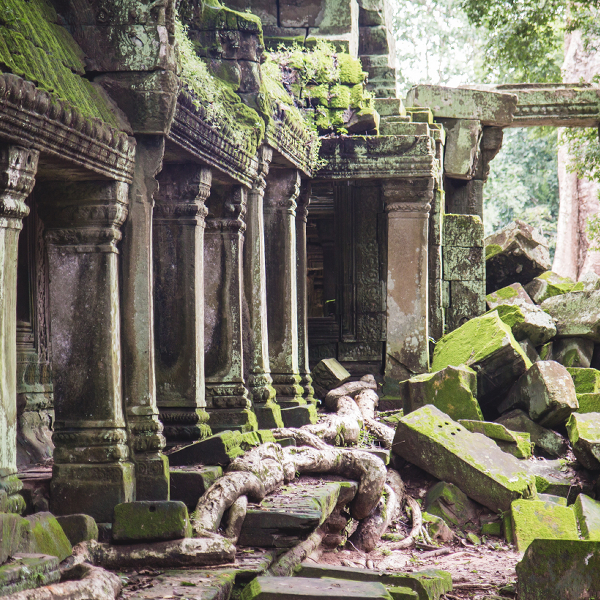
Gender Roles
Men
Women
The Ashan
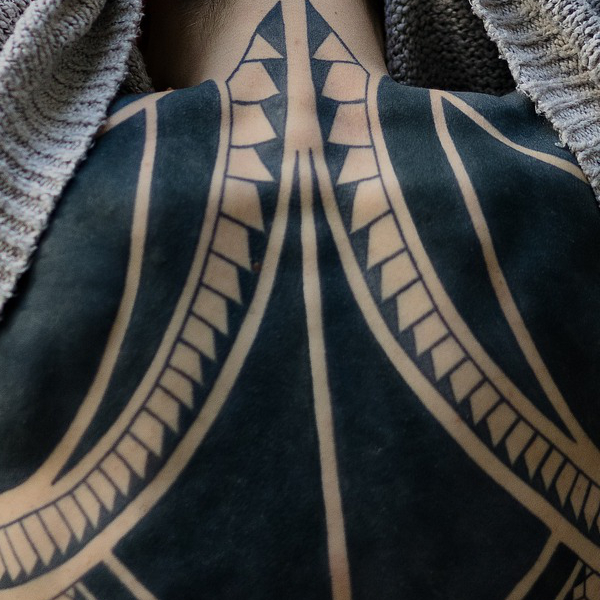
Core Beliefs
- In the language of the Koushan Mai, their name for themselves means 'the chosen'. They believe that - if they as a people live a life that pleases their gods - then their gods will return to walk Etrea once more.
- There is no judgement after death, so death is not to be feared. Actions will be punished or rewarded in life.
- It is the responsibility of the stronger members of the clan to protect the more vulnerable.
Appearance
The Koushan Mai are a pale-skinned people, like much of the north of Etrea. They generally have hair that ranges from medium brown to almost black. They keep their hair long; men braid and decorate their hair, whilst women keep it loose and bare. Their eyes tend towards brown and green, though blue eyes have become more common since the Seruic people came north. Many Koushan Mai have intricate black tattoos that cover their chest, back, and arms. Each tattoo tells the history of that person. However, since the persecution of the Koushan Mai has grown more severe, some clans have stopped the practice of tattooing altogether.Language
The language of the Koushan Mai is known as Mokai Mai, or 'the words'. Mokai Mai is a completely oral language and does not have a written form. Currently, most Koushan Mai also speak either Seruic or Caillan, depending on their geographic location.Religion
The religion of the Koushan Mai is known as Gen Mai, or 'The Path'. Gen Mai is a polytheistic religion with a large pantheon of deities. Religion is closely integrated into every aspect of Koushan Mai society, and the gods are extremely important in daily life. Most Koushan Mai choose one or two gods as their guardians and focus their worship accordingly.Relationships
A family unit generally consists of two or three adults in a romantic relationship, plus any children they may have together. Whilst it is not unheard of for there to be four or five adults in a single relationship, it is uncommon, and more than that would be met with a raised eyebrow. When it comes to romantic relationships, gender does not matter.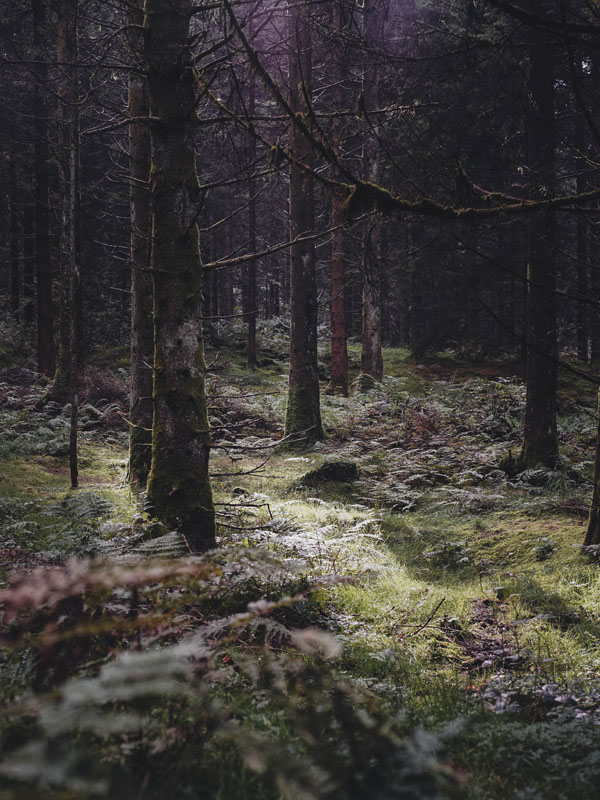




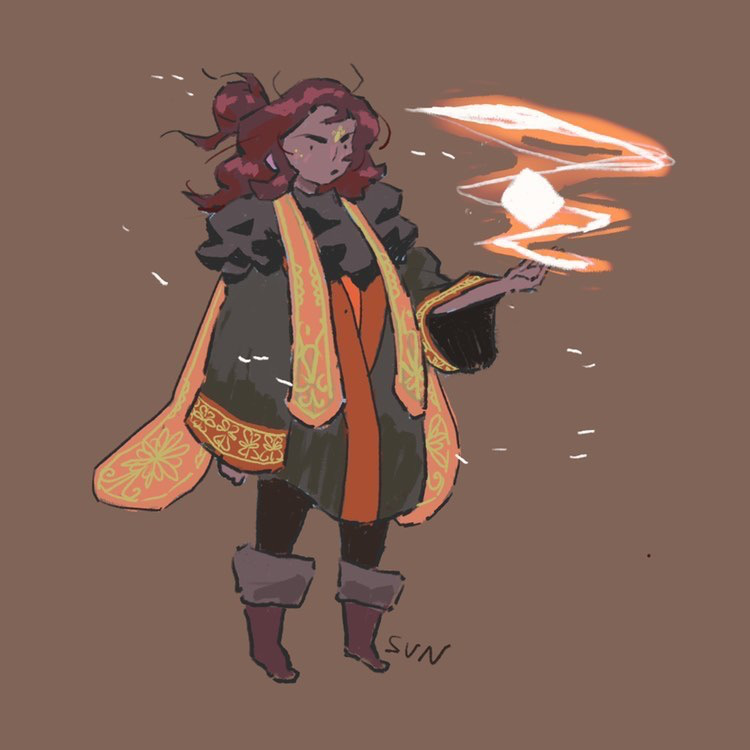

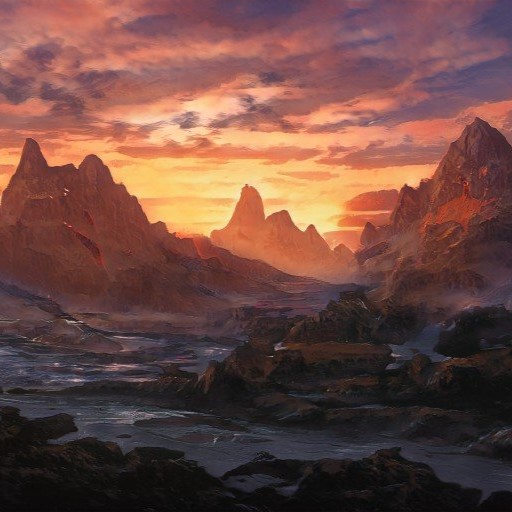

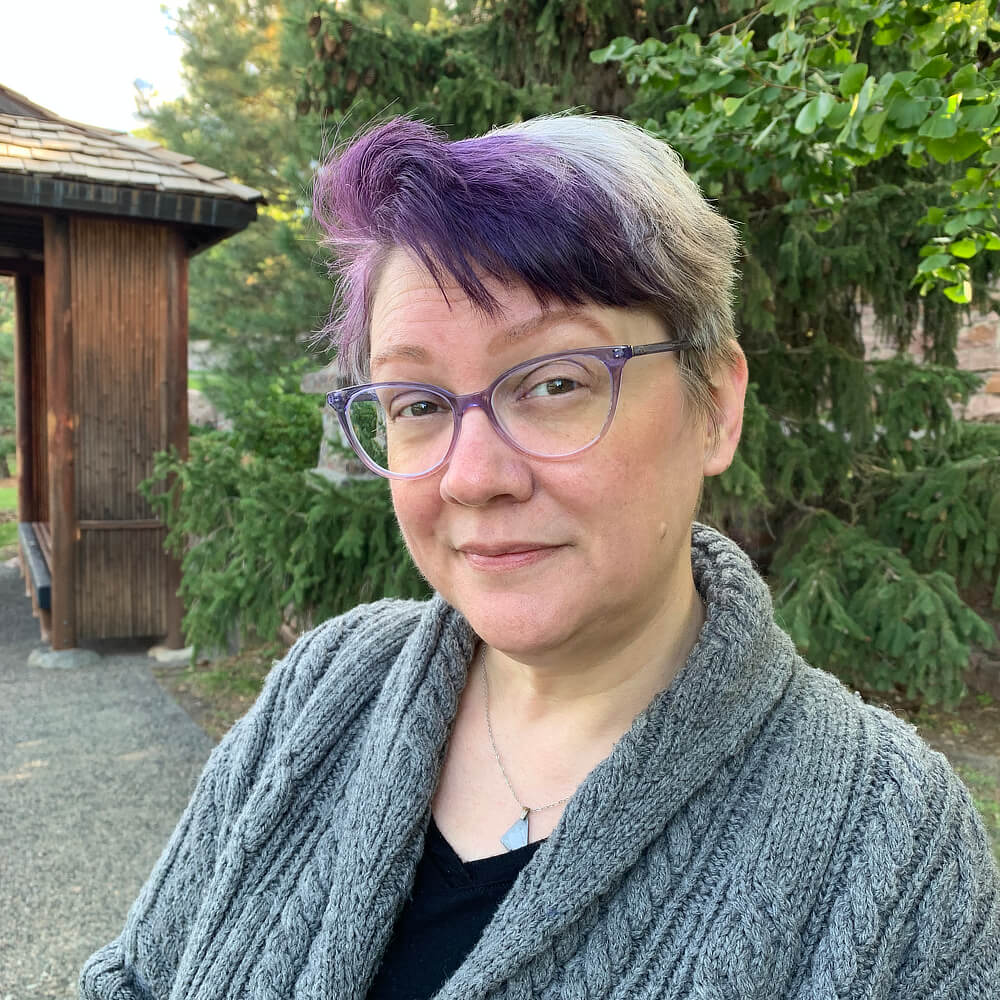

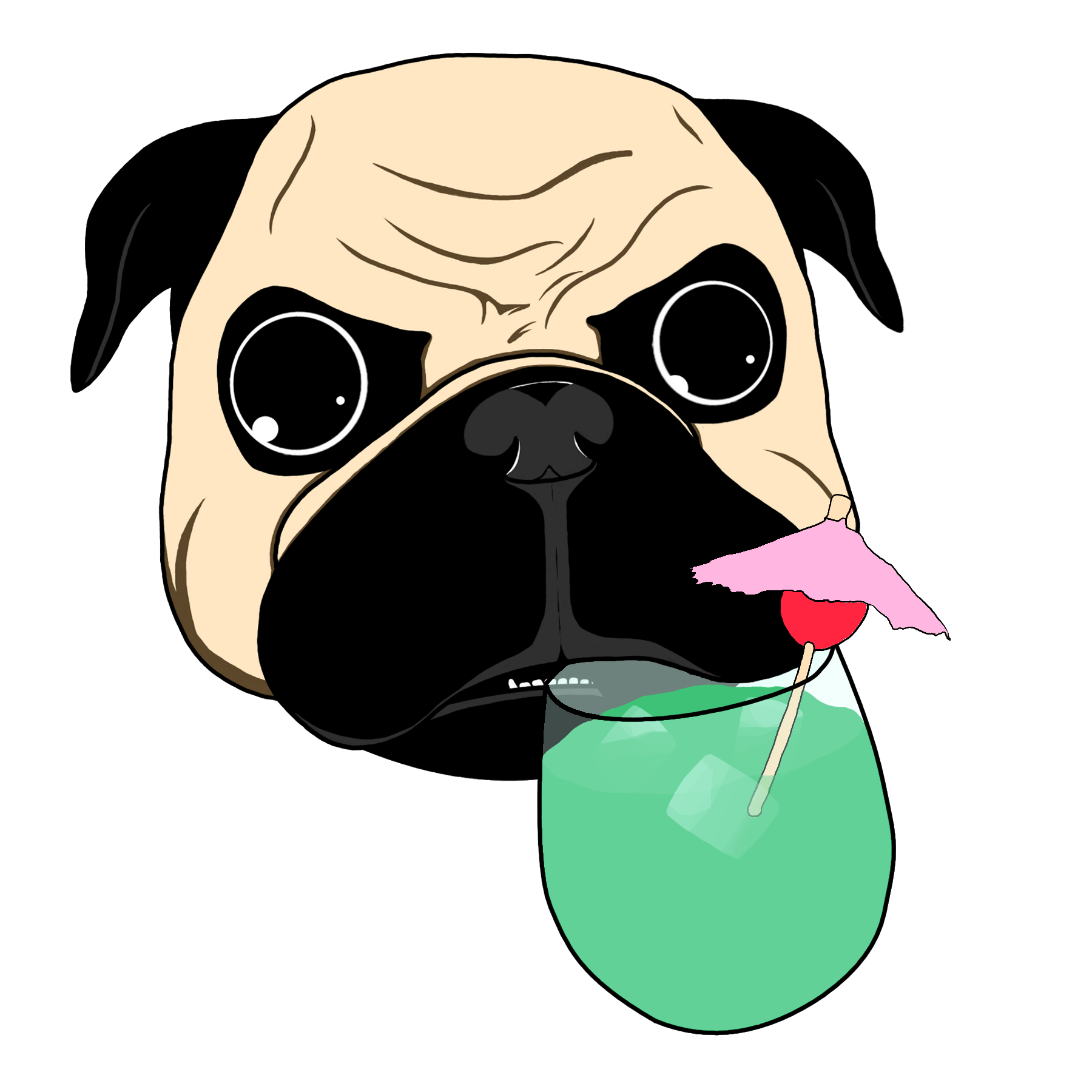
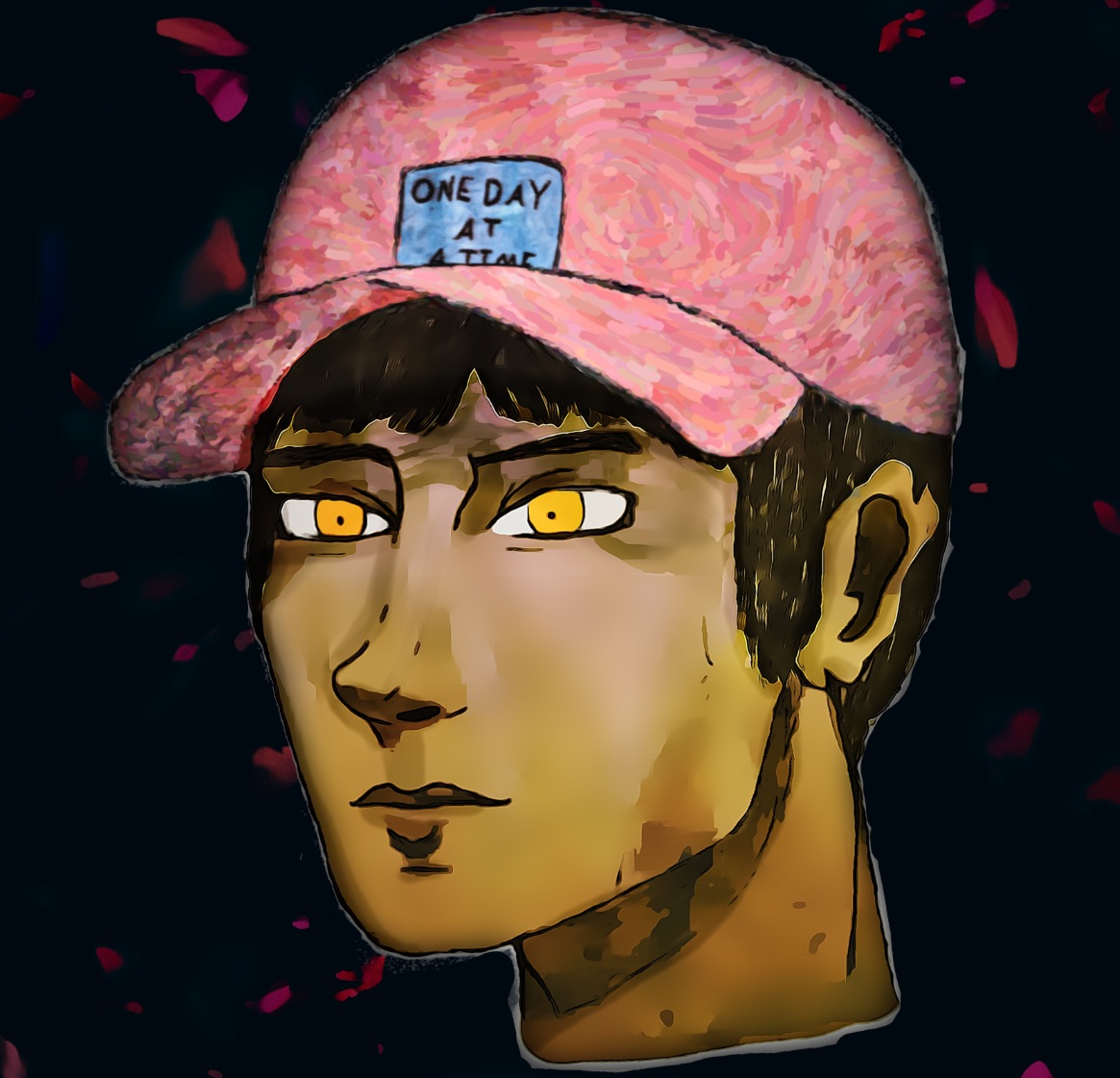
This is so incredibly detailed. I don't know much about the surrounding cultures and places but i really want to.
Thank you so much! <3 I'm hoping to get at least one more ethnicity article done this month.